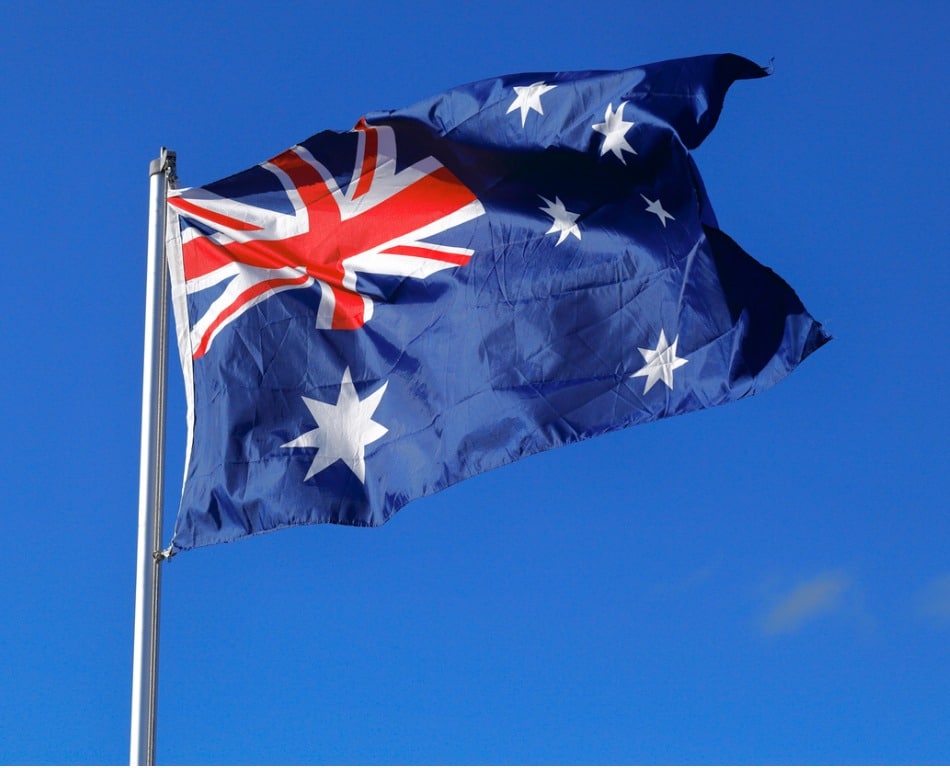A new report from Griffith University, the Human Rights Law Centre, and Transparency International Australia highlights 12 “areas of reform” in which Australia’s parliament could bolster whistleblower protections and get up to speed with “international best practice.”
The report, Protecting Australia’s Whistleblowers: The Federal Roadmap, was authored by Professor A J Brown of Griffith University’s Centre for Governance and Public Policy and Kieran Pender, a Senior Lawyer at the Human Rights Law Centre. According to the Human Rights Law Centre, the report was to be “launched at the Parliament House” on the day of its publication, November 23. The webpage said that several representatives of the government were to be in attendance.
The Report
“Australian research confirms it is people within organisations – the officials and employees – who really know what goes on and remain the single most important way in which wrongdoing is brought to light,” the authors begin the report. The introduction explains that from the 1990s, whistleblowing laws for the public sector in Australia used to be “comprehensive” and “second only to the United States.” However, the report states that the country’s whistleblower protection laws “are falling behind.”
“Among more than 60 countries which now have stand-alone whistleblowing laws, many follow the US, United Kingdom and European Union by providing more effective legal remedies than Australia. In 2019, a Federal Court judge described Australia’s landmark federal Public Interest Disclosure Act (PID Act) as ‘technical, obtuse and intractable,’” the report states. According to the document, although there have been advances in corporate whistleblowing, “Australia’s federal public service and many industry sectors including disability and aged care suffer from limited, out of date and inconsistent protections. Complex loopholes in public and private sector laws alike mean whistleblowers are still prosecuted without due regard to the public interest they serve.”
The report notes that Australia has in the works a National Anti-Corruption Commission, but states that “this highlights big gaps in federal whistleblower protection.” The report advises that Australia needs “an independent authority to ensure these rights are implemented and enforced in practice.” This is just one of the 12 suggestions and areas of improvement that the authors insist are necessary for Australia’s whistleblower laws to be up to global standards. Other suggestions include creating a “no wrong doors” approach “through coordinated referral processes and inclusion of all relevant regulatory agencies in the whistleblowing framework,” allocating more resources to oversight and training, and “expand[ing] whistleblower protections to cover all Australian private and not-for-profit sector workers, in a consistent way,” among several other important points.
“This is a ‘check list’, not a ‘wish list’ – every reform has been identified as necessary by prior reviews, bipartisan parliamentary committees or independent experts,” the report states.
One engaging page of the report contains an infographic on how Australia’s whistleblowing remedies compare to those of other countries. The page also contains more information on different countries’ whistleblower laws. On another page, the report highlights Commonwealth Bank of Australia whistleblower Jeff Morris, whom WNN featured in a written profile and a podcast episode. Morris is one of the Australian whistleblowers featured in the report: others include tax office whistleblower Richard Boyle, immigration detention facility whistleblower Jacinta O’Leary, and others.
The report also displays statistics about current whistleblowers in Australia and contains information about the detriment that whistleblowers experienced, like being fired from their job, facing harassment from coworkers or managers, etc. This page also marks whether whistleblowers received any kind of remedy.
“With these reforms, Australia can fix the deficiencies in federal whistleblowing law. Rather than simply talking the talk about this vital pillar of democratic accountability, our parliament can – and must – make whistleblower protections real, for the benefit of all Australians,” the report states. View the full report here.
